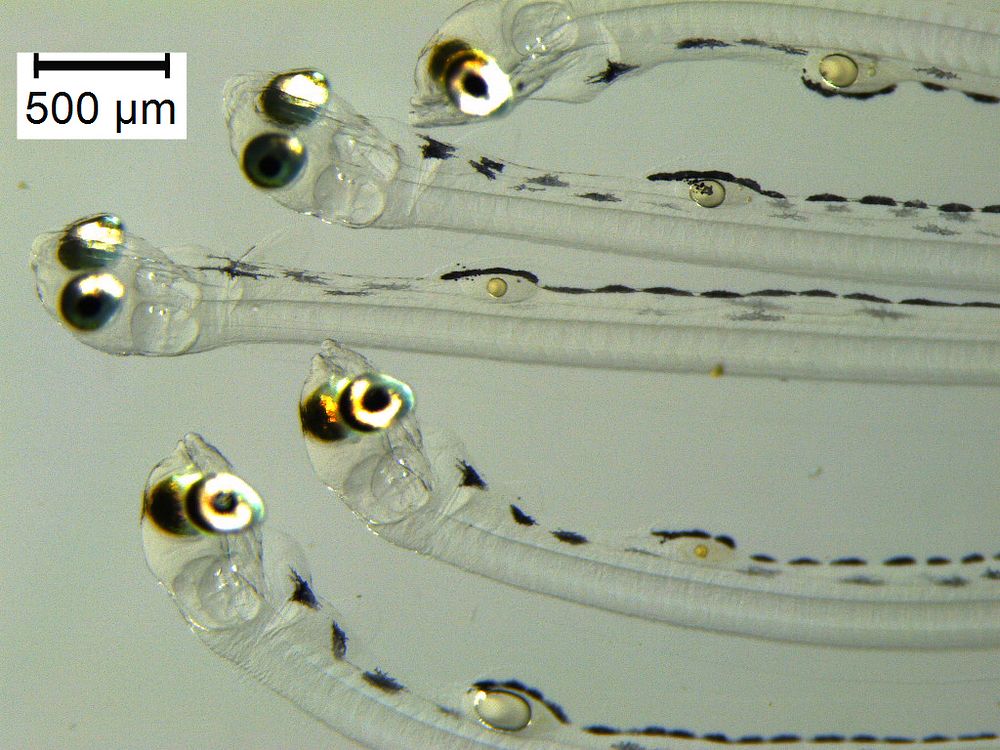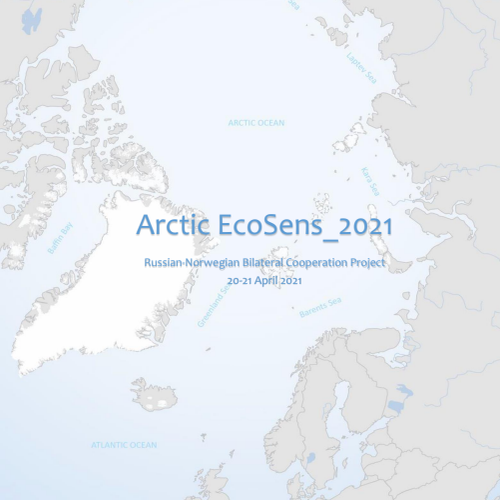10 May 2021 news
The final meeting of the Arctic EcoSens project took place via Zoom on April 20-21. Unfortunately, we were unable to meet in Petrozavodsk as planned, but the 18 presentations highlighted the diverse and interesting work conducted over the last 3.5 years. The project investigated sensitivity of Arctic coastal ecosystems to petroleum pollution, and involved field work, experimental studies, molecular and geochemical analyses, community analysis, and sensitivity modelling.
New research results in fields such as taxonomy, microbiomes, transcriptomics, host-parasite ecology, petroleum impacts on capelin early life-stages, coastal plant and fjord benthos communities, hydrocarbon geochemistry, and coastal sensitivity and risk analysis, and input to management bodies were presented. Many biotic parameters were assessed in reference to petroleum-based stressors. Key findings include improved taxonomic studies of Spionid polychaetes, contrasting impacts of oil on capelin and polar cod, the first baseline description of north Norwegian fjord communities, and fine-scale assessment of the Barents Sea coastline identifying high-risk areas for spill management.

Photo: Newly-hatched capelin from the petroleum exposure experiment led by Jasmine Nahrgang (UiT) and Marianne Frantzen (Akvaplan-niva). (Photo: Morgan Bender/UiT).
Four Akvaplan-niva researchers presented their findings: Andrej Sikorski, Geir Morten Skeie, Marianne Frantzen, and Sabine Cochrane. In addition, project partners from UiT The Arctic University of Norway, the Norwegian Polar Institute, St. Petersburg State University, Petrozavodsk State University, VNII Okeangeologia, and the National Scientific Center of Marine Biology in Vladivostok also presented. Work performed by MS and PhD students was highlighted. The program and abstract book can be viewed here[PER1] .
"Akvaplan-niva has been cooperating with Russian research institutes focusing on Arctic environmental studies for 30 years. Arctic EcoSens project in its implementation and results is a great example of Norwegian-Russian research: excellent cooperation in diverse scientific disciplines with senior scientists, early-career researchers, and students working together on key questions around Arctic coastal ecosystems. Moreover, the project contributes to improvement of joint monitoring and management of coastal ecosystems across borders," says Alexei Bambulyak, Manager Russia & Eastern Europe at Akvaplan-niva.
The project 'Environmental monitoring of Arctic coastal ecosystems: Sensitivity to petroleum pollution (Arctic EcoSens)' was funded by the Petromaks2 program of the Norwegian Research Council (Paul Renaud, project lead from Akvaplan-niva) and the Russian Foundation for Basic Research (Andrei Granovitch, project lead from St. Petersburg State University).
[PER1]link to abstract book

